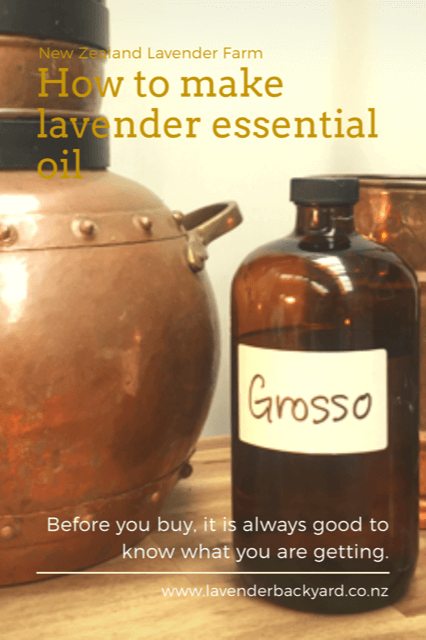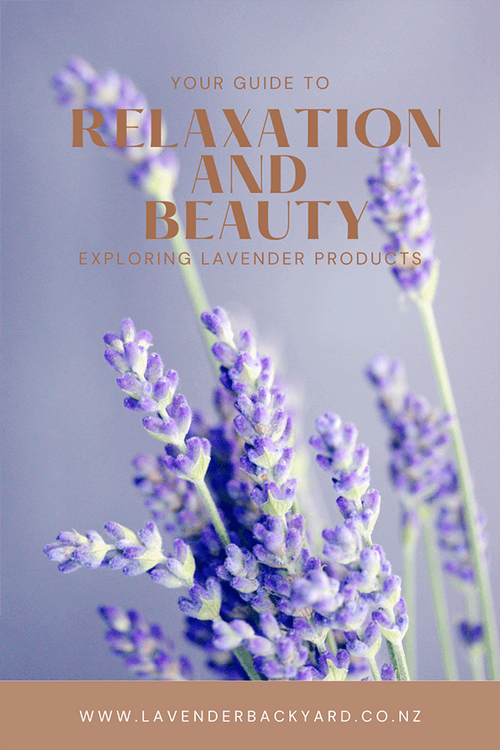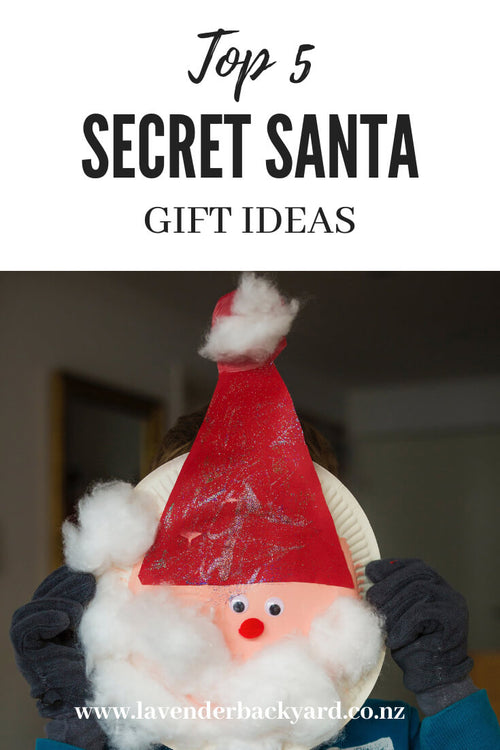Lavender Essential Oil: Key Facts to Know Before Buying
Share

The Ultimate Guide to Choosing High-Quality Lavender Essential Oil
Lavender essential oils are extracted from the flowers of the lavender plant through steam distillation. These naturally occurring, volatile aromatic compounds create a highly concentrated solution that carries the true essence of lavender. On the other hand, lavender fragrance oils are artificially created scents that often contain synthetic substances, which do not provide the therapeutic benefits of pure lavender essential oils.
As a lavender farm in New Zealand, we pride ourselves on growing Lavandula x Intermedia for essential oil distillation. Every step of our process is dedicated to delivering the highest quality lavender essential oil. If you'd like to learn more about our farm, click here to discover our lavender farm.
How to Choose High-Quality Lavender Essential Oil?
When purchasing lavender essential oil, quality matters. Real lavender essential oil is often more expensive, but it’s worth every drop. At Lavender Backyard Garden, we ensure that every drop is extracted from hundreds of handpicked lavender buds. Here are some tips to help you find high-quality lavender essential oil:
1. Check the Botanical Name
Always look for specific botanical names like Lavandula Angustifolia or Lavandula x Intermedia. Avoid generic labels like “lavender oil” or “essential oil of lavender,” as these often indicate a blend or diluted product.
2. Buy Directly from Lavender Farms
Purchasing lavender essential oil from a reputable farm, like ours, ensures you're getting pure, freshly extracted oil. Farms with a dedication to quality can provide you with transparency about their production process.
3. Ask Questions and Trust Your Instincts
Don't hesitate to inquire about the source of the lavender or the distillation process. If something seems unclear or too good to be true, it’s always a good idea to seek more information before making a purchase.
Real Lavender Essential Oil Smell
The smell of true lavender essential oil is sweet, refreshing, and distinctly aromatic. As a member of the mint family, lavender has a minty undertone that adds to its soothing and calming fragrance. If you want to experience the true essence of lavender, visiting our farm during the blooming season (December and January) will give you an unforgettable sensory experience.
Our award-winning Lavender Essential Oil will envelop you in the pure, natural scent that can only come from hand-harvested lavender grown with care and dedication.
Frequently Asked Questions About Buying Lavender Essential Oil
1. What do I need to know before buying essential oils?
Before purchasing essential oils, ensure the product is 100% pure. Check for the botanical name and ask about the distillation method. Always buy from reputable sources like established farms to ensure quality and authenticity.
2. What to avoid when buying essential oils?
Avoid essential oils with vague or generic labels. Stay away from oils that mention additives or diluents like "fragrance" or "perfume." These are not pure oils and may lack therapeutic benefits.
3. Does it matter where you buy essential oils from?
Yes, where you buy essential oils matters. Purchasing directly from a farm or a trusted supplier ensures you're getting the purest oils. Be cautious when buying from unknown or unreliable sources.
4. What is the 30/50/20 rule for essential oils?
The 30/50/20 rule refers to the concentration of essential oils used in a blend. Typically, 30% of the blend is top notes (like lavender), 50% is middle notes (like rosemary), and 20% is base notes (like patchouli). This creates a balanced and effective blend for aromatherapy use.
5. How can you tell if an essential oil is 100% pure?
Look for the scientific name on the label and check for purity certifications. Genuine, pure essential oils should not contain any additives, fillers, or synthetics. A reputable company will provide clear information about their distillation process.
6. Is there a difference between expensive and cheap essential oils?
Yes, there is a significant difference. High-quality essential oils are distilled from fresh, organically grown plants, which is a time-consuming process. Cheaper oils may be diluted or contain synthetic additives. Remember, you get what you pay for when it comes to essential oils.
7. Are there any downsides to essential oils?
While essential oils are generally safe when used correctly, they can cause skin irritation or allergic reactions in some people. Always dilute oils and perform a patch test before use.
8. Is it safe to breathe in essential oils from a diffuser?
Yes, it is generally safe to inhale essential oils through a diffuser. However, avoid excessive use and ensure proper ventilation. If you have respiratory conditions, consult a healthcare professional before diffusing essential oils.
9. What is the safest essential oil to diffuse?
Lavender essential oil is one of the safest oils to diffuse. It is gentle and calming, making it ideal for relaxation and sleep. Other safe options include chamomile and peppermint (when used appropriately).
Ready for a Restful Night's Sleep?
Add our Award-Winning Lavender Essential Oil to your cart and embrace tranquility tonight!


